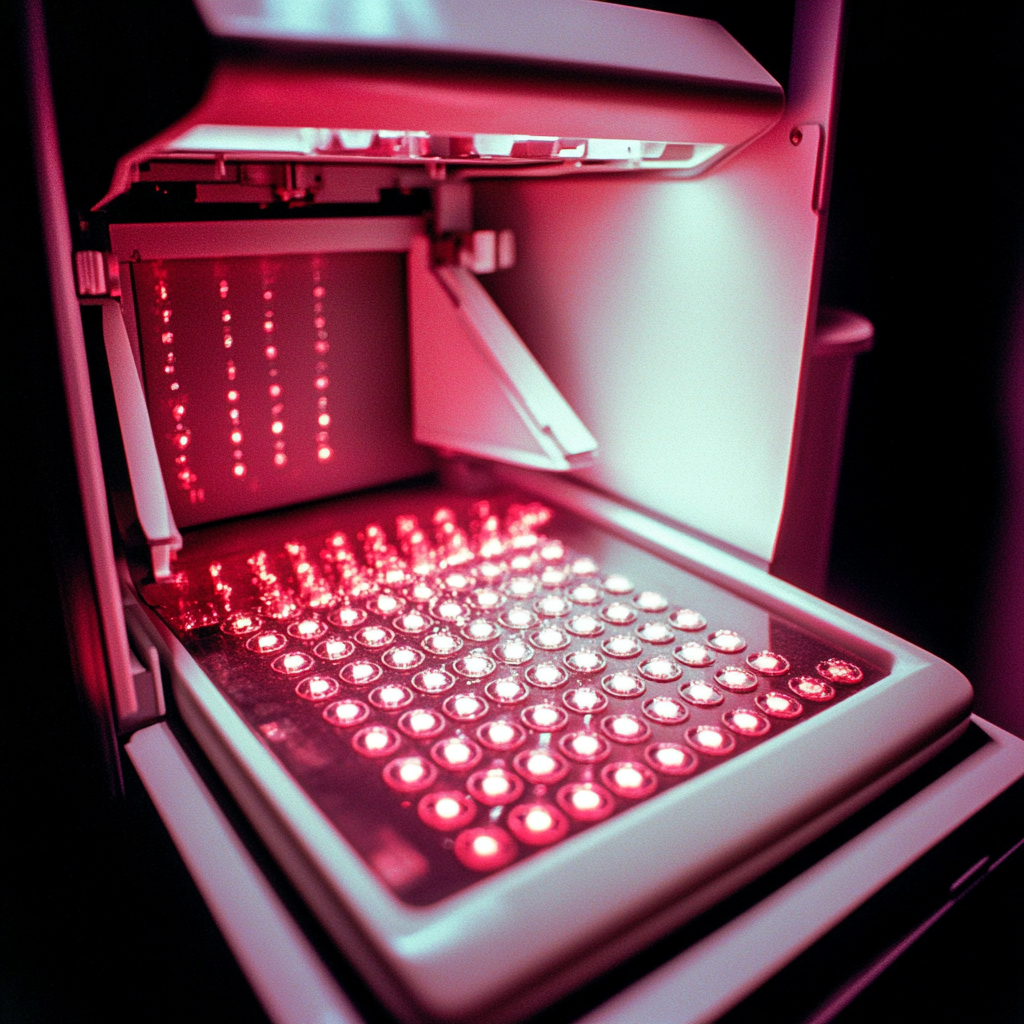Understanding the Study on Isotretinoin for Acne
What Was the Study About?
This study looked at how a medication called isotretinoin affects inflammation in people with acne. Acne is a skin condition that can cause bumps and redness, and it’s linked to certain substances in the body called inflammatory cytokines.
Who Was Involved?
- 75 patients with moderate to severe acne.
- 25 healthy people for comparison.
What Did the Study Find?
- People with acne had higher levels of inflammatory cytokines compared to healthy individuals.
- After taking isotretinoin for 8 weeks, levels of some cytokines (IL-8, IL-36, TWEAK) decreased significantly.
- No link was found between how severe the acne was and the levels of these cytokines.
What Does This Mean for Patients?
This study shows that isotretinoin can help reduce inflammation in acne patients. Fewer inflammatory cytokines can lead to clearer skin and less discomfort.
What Can Clinics Do with These Findings?
- Start prescribing isotretinoin for patients with moderate to severe acne.
- Monitor patients’ skin improvement and any side effects during treatment.
- Educate patients about the benefits of reducing inflammation for acne management.
What Should Clinics Track After Treatment?
- Changes in inflammatory cytokine levels.
- Improvements in acne severity.
- Patient feedback on skin condition and side effects.
AI Tools to Consider
Clinics can explore AI tools that help track patient progress and manage treatment plans effectively. These tools can analyze patient data to predict outcomes and personalize treatments.
Step-by-Step Plan for Clinics
- Start by educating staff about isotretinoin and its benefits for acne treatment.
- Identify patients who may benefit from this medication.
- Begin with a small group of patients and monitor their progress closely.
- Gradually expand the program based on positive results and feedback.
Further Reading
For more detailed information about the study, you can read the full research article here.


























